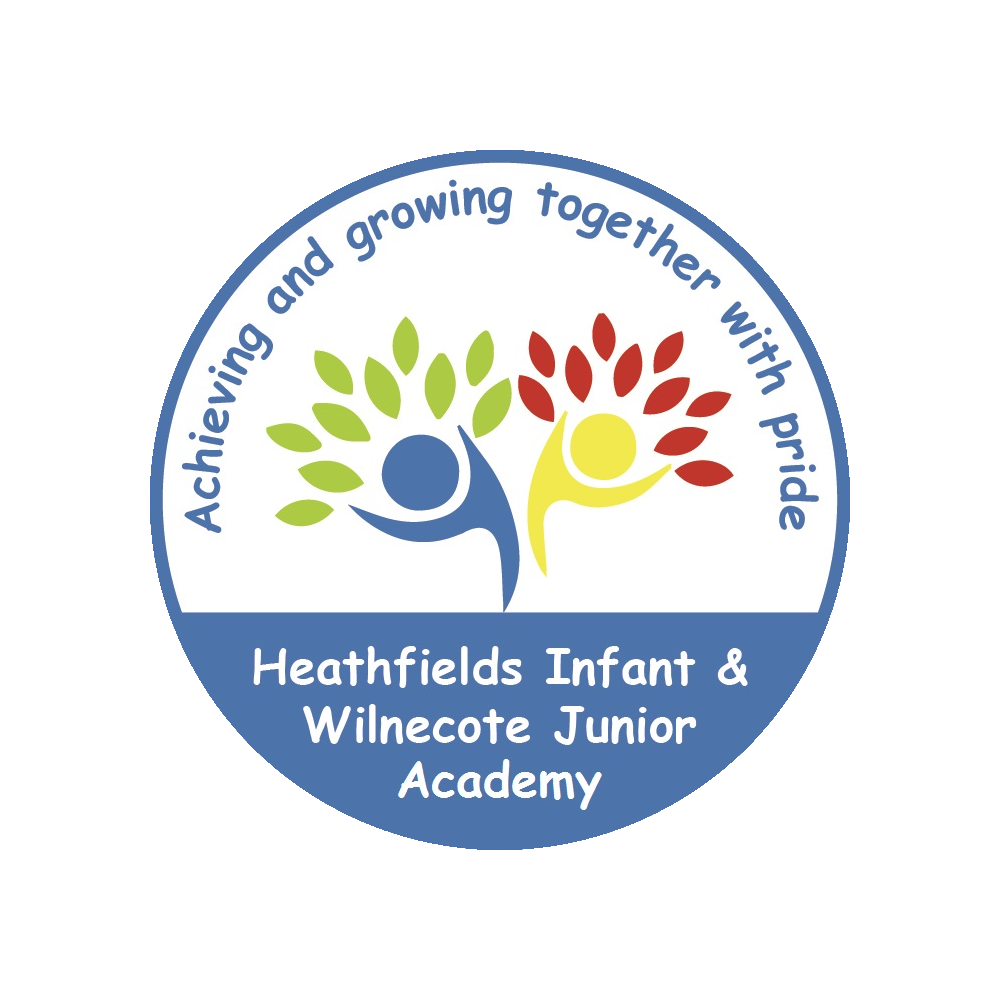Communication and Language
At Heathfields Infant Academy, we believe that the development of children’s spoken language underpins all seven areas of learning and development. Children’s back-and-forth interactions from an early age form the foundations for language and cognitive development. The number and quality of the conversations they have with adults and peers throughout the day in a language-rich environment is crucial. By commenting on what children are interested in or doing, and echoing back what they say with new vocabulary added, practitioners will build children's language effectively. All staff members working in the reception team have engaged with SHREC training and this approach forms the foundation for interactions within our environment.
Reading frequently to children, and engaging them actively in stories, non-fiction, rhymes and poems, and then providing them with extensive opportunities to use and embed new words in a range of contexts, will give children the opportunity to thrive. Through conversation, story-telling and role play, where children share their ideas with support and modelling from their teacher, and sensitive questioning that invites them to elaborate, children become comfortable using a rich range of vocabulary and language structures. Drawing Club will be used to further develop understanding around a range of words deriving from key texts and topics. These words will be shared with home to further support in the development of language and vocabulary.
WellComm
On entry to Reception, all children will be assessed using the WellComm speech and language screening tool. The results of this allow us to quickly put support into place for those children who require this.
Time To Talk
In EYFS, we use the Time to Talk programme to teach and develop social interaction skills and improve oral language skills for children who we identify as needing support.
During these sessions the skills which a child will develop include;
- Eye Contact (where appropriate)
- Taking turns
- Sharing
- Greetings
- Awareness of Feelings
- Following Instructions
- Listening
- Paying Attention
- Play skills
Top tips for supporting communication and language at home
- Follow the child's lead, joining in with their play or mirroring a child's actions.
- Get down to the child's level- it's easier to talk if you are face-to-face.
- Make sure you have the child's attention before you start to talk.
- Make sure you use lots of statements and fewer questions.
- If a child says something inaccurately, acknowledge what they've said and repeat it back in the correct way.
- Build up children's sentences by repeating what they say and adding words e.g "A car!" "Yes, there is a blue car on the road!"
Questions such as 'How was school?' or 'What did you do today?' can often elicit frustrating responses such as 'fine' or 'nothing'. Instead, try asking if anything funny happened or what the best part of your child's day was. You might also like to share how your day has been, inviting your child to add to your conversation.
